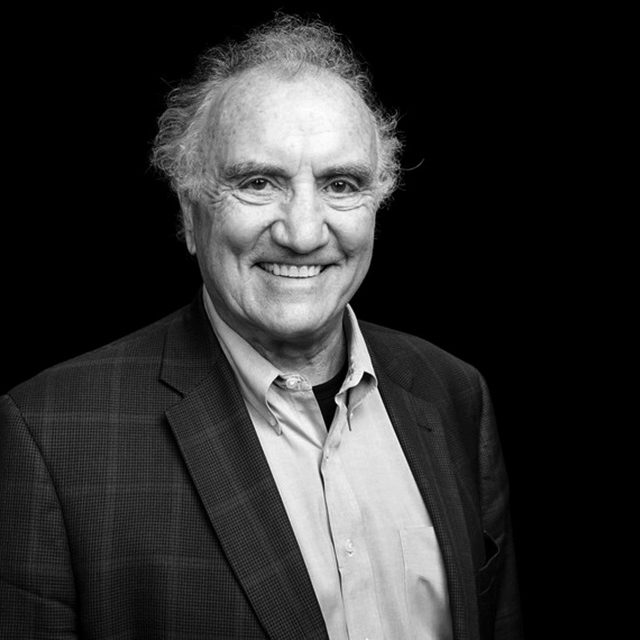Walt Wolfram
Sociolinguistic Variation and the Public Interest
Conferencista
-
Walt Wolfram

Walt Wolfram
Walt Wolfram é Professor “Distinguished” da Universidade da Carolina do Norte, onde também dirige o North Carolina Language and Life Project. É pioneiro na pesquisa sobre dialetos étnicos e sociais desde 1960 e publicou 23 livros, 8 coleções editadas e mais de 300 artigos. Nas últimas duas décadas, professor Walt Wolfram e seus alunos conduziram mais de 3.000 entrevistas sociolinguísticas com residentes da Carolina do Norte e além, principalmente com financiamento da National Science Foundation. Além de seus interesses de pesquisa, o professor Wolfram está particularmente interessado na aplicação de informações sociolinguísticas ao público, incluindo a produção de 14 documentários para televisão, a construção de 4 exposições em museus e o desenvolvimento de materiais formais e informais inovadores relacionados à diversidade linguística . Ele recebeu dois prêmios Emmy para documentários e vários prêmios, incluindo o Prêmio da Carolina do Norte (o maior prêmio dado a um cidadão da Carolina do Norte), o Prêmio Caldwell Humanities do NC Humanities Council, a Holladay Medal no NC State e o Linguistics, Language and the Public Award da Linguistic Society of America. Wolfram foi presidente da Linguistic Society of America, da American Dialect Society e da Southeastern Conference on Linguistics, e foi nomeado para a prestigiosa American Academy of Arts and Sciences.
Resumo →
Walt Wolfram
Sociolinguistic Variation and the Public Interest
Although the disparity between sociolinguistic knowledge and popular beliefs about language diversity is well documented, little proactive attention has been given to changing public misconceptions. How can programs about linguistic diversity be presented when the prevailing public language ideology is largely fueled by the principle of linguistic subordination? This presentation offers a theoretical and methodological approach to public education on language diversity. The approach to dialect awareness presented here is based on the underlying assumption that the public is inherently curious about language differences and that this intrigue can be transformed into public education venues that range from public television documentaries to formal educational curricula. It connects the legacy of language variation to legitimate historical and cultural themes that are intrinsically interesting to the public, and assumes that the most effective and permanent education takes place when learners discover truths for themselves. It further presumes that positively framed presentations of language differences in socioculural and sociohistoical context hold a greater likelihood of being received by the public than the direct confrontation of seemingly unassailable ideologies. A range of public education venues are exemplified, from documentaries and museum exhibits for the general public to formal dialect awareness curricular materials developed specifically for middle-school students. Illustrative vignettes from documentaries, museum and fair exhibits, social media, and popular trade books and articles show how these media can portray issues that extend from language identity and solidarity to issues of language death and revitalization. On one level, an ideological conflict may seem unavoidable, but the presentation demonstrates that the public rhetoric on linguistic diversity can, in fact, be reconciled with a linguistically informed perspective.
